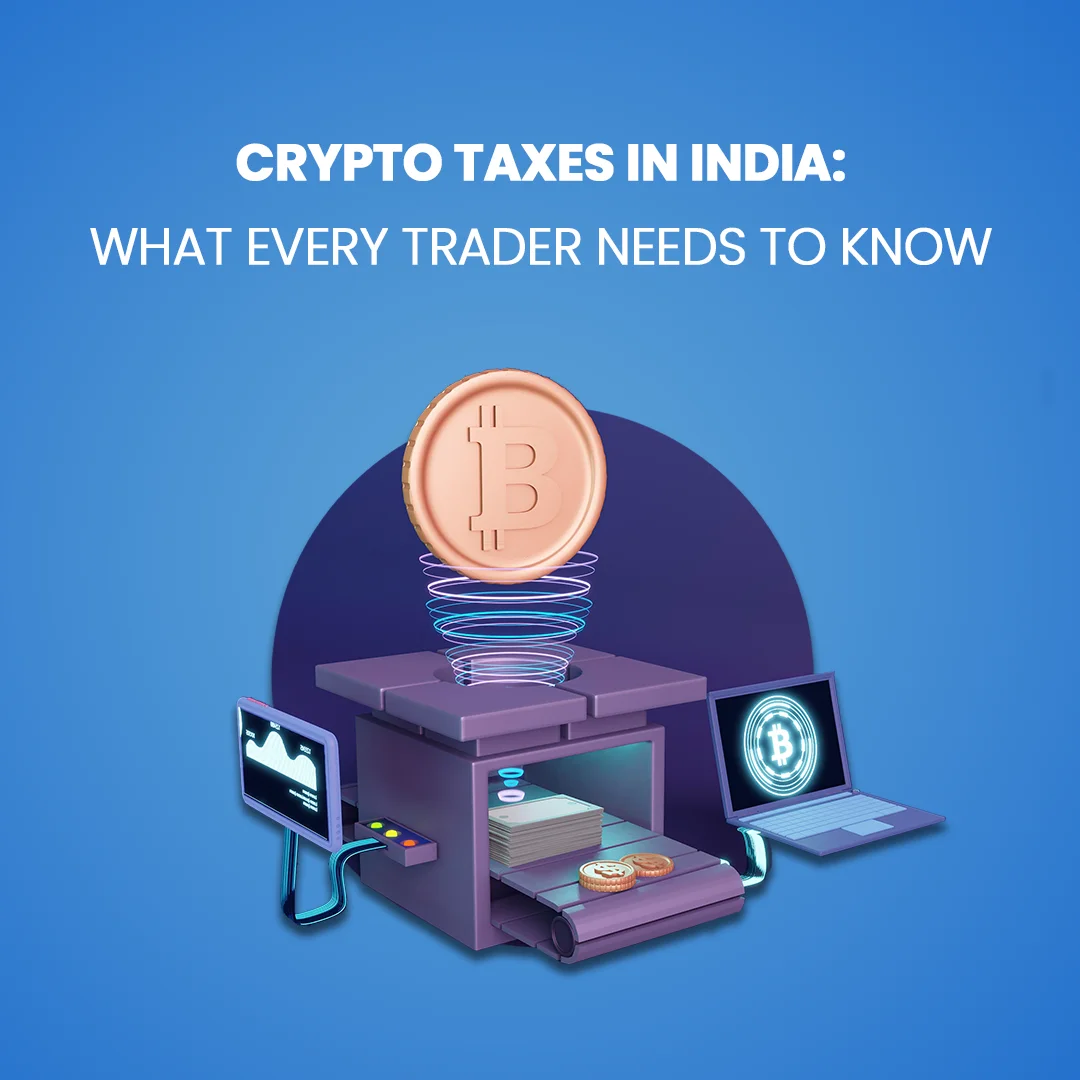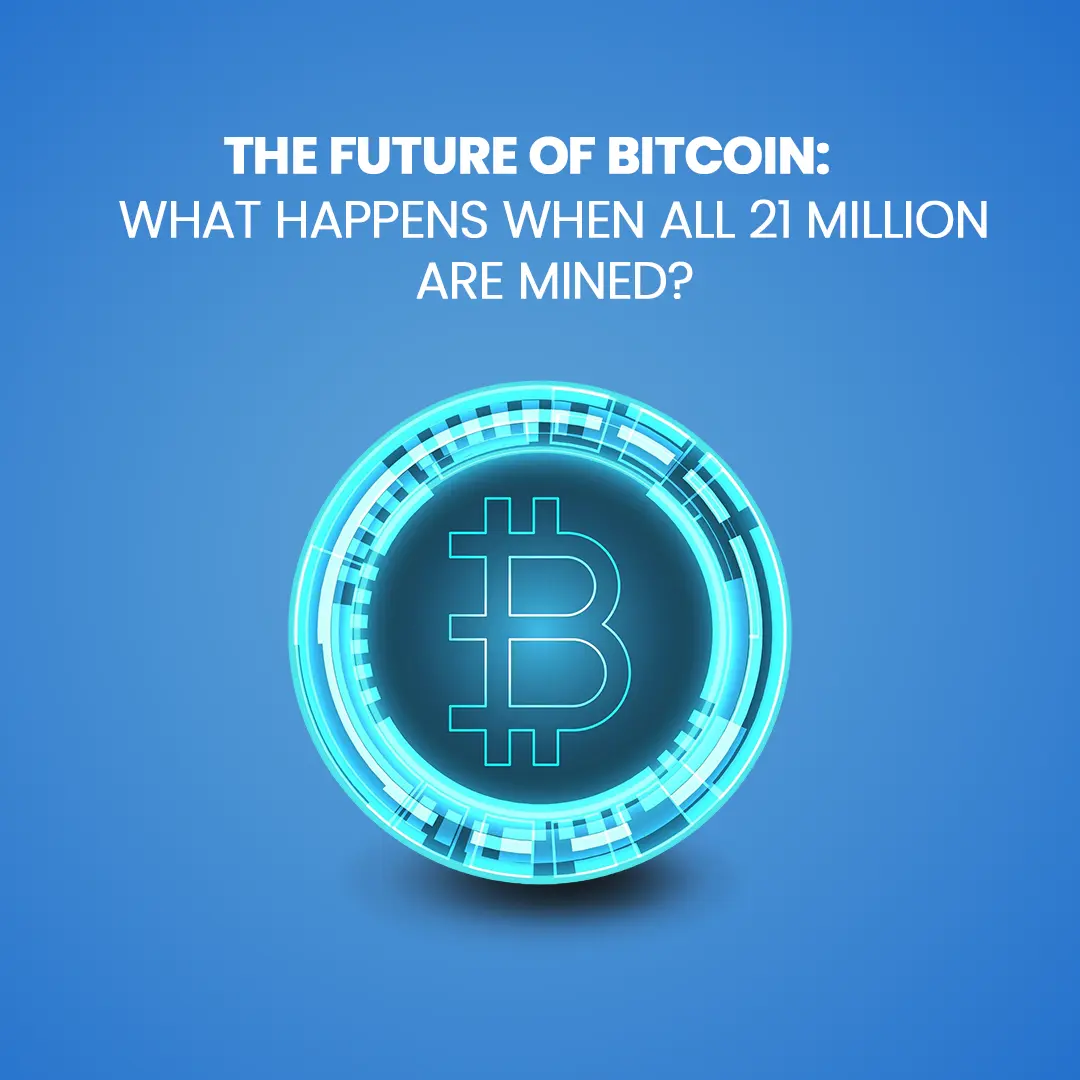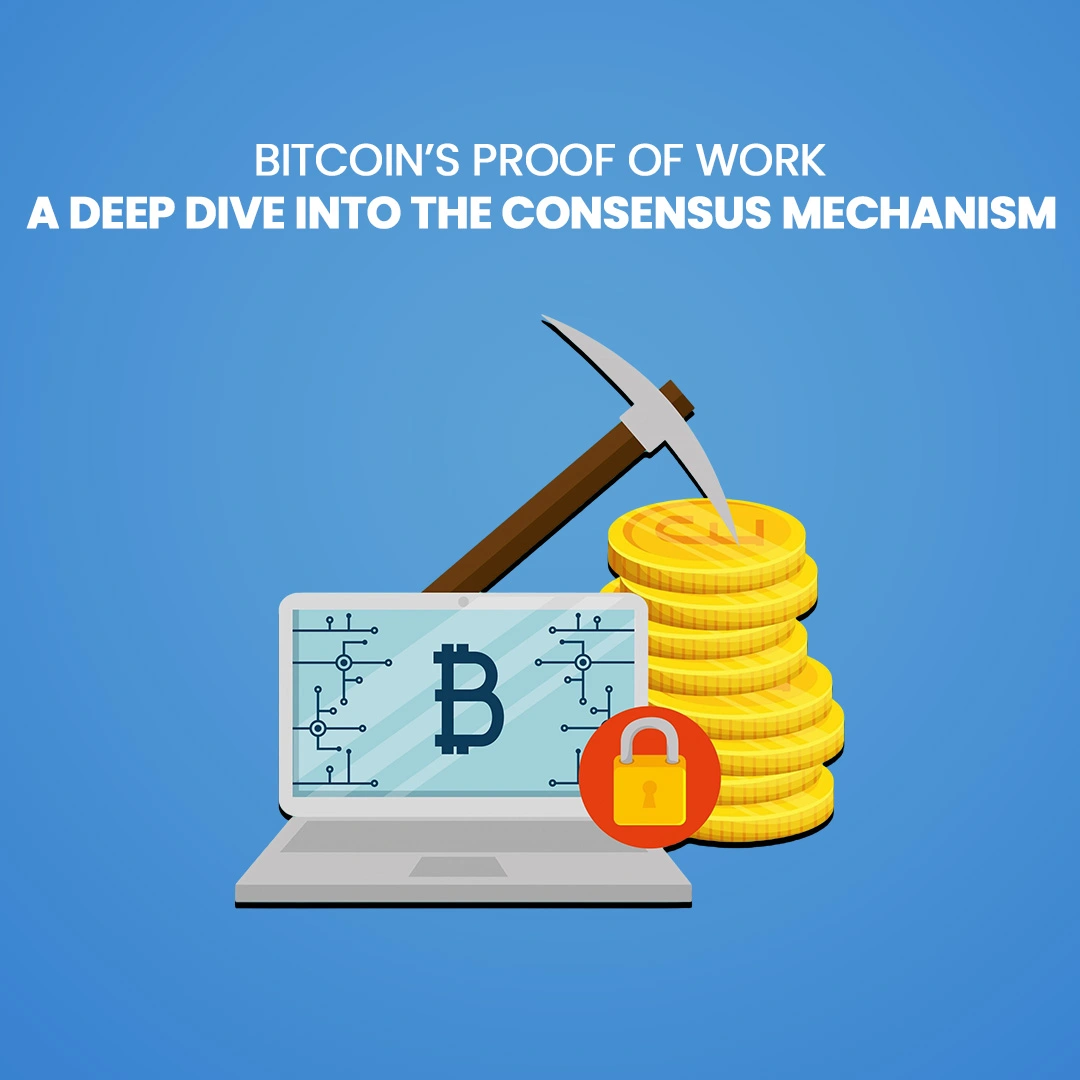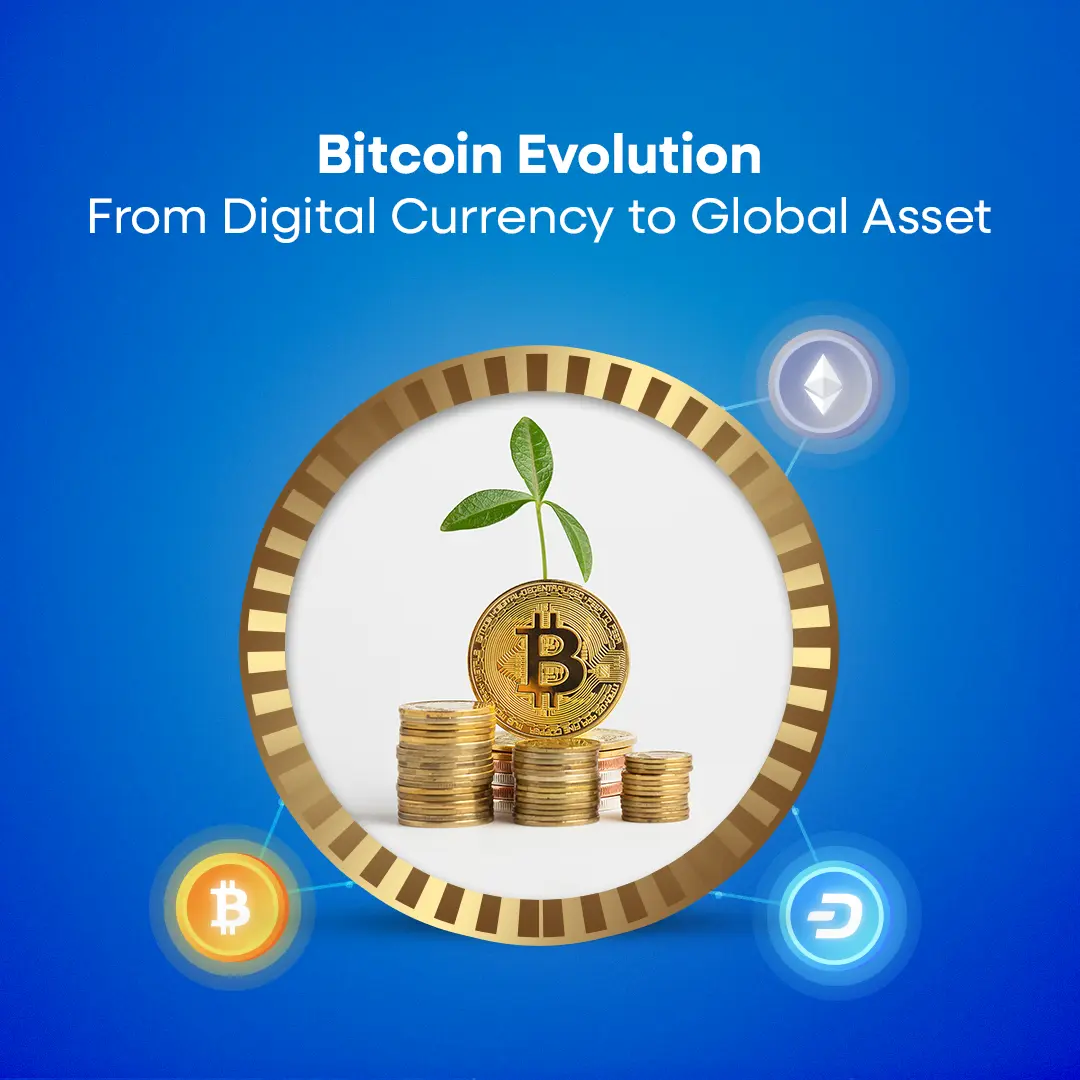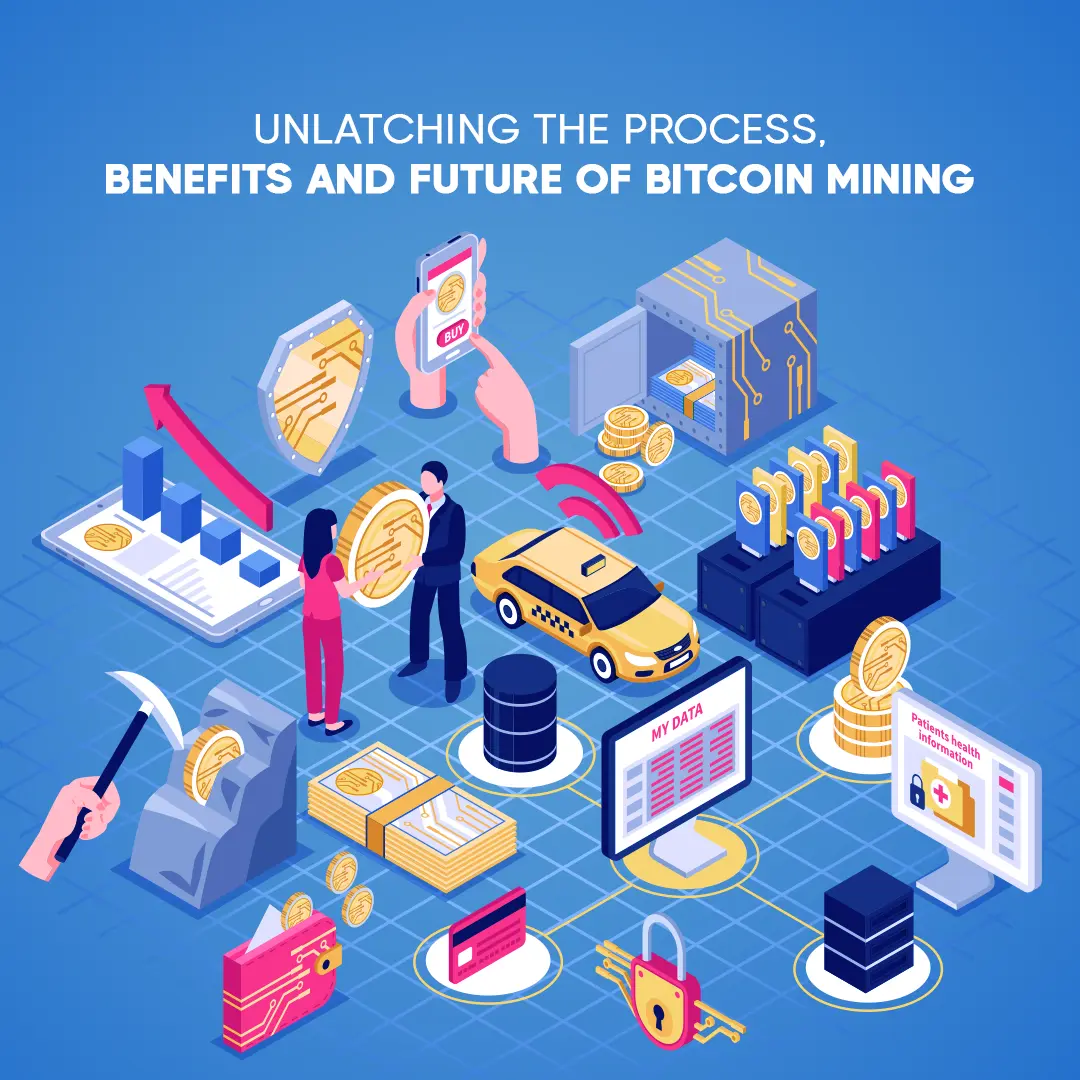

Benefits and Future of Bitcoin Mining
Whilst it may seem like a high-tech mystery, bitcoin mining is essential to the cryptocurrency industry. Gaining knowledge about Bitcoin mining can provide valuable insight into how Bitcoin functions, regardless of whether you are a regular trader or just interested in the world of digital currencies. To assist you in understanding what it’s all about, let us simplify it.
The real magic of cryptocurrencies is found in the process of mining bitcoins, which is open to both common individuals and IT experts. Like many other curious souls, would you also want to gain access to the insider secrets? Worry not! We are here together to discover how new bitcoins are created and how blockchain transactions are documented. This fascinating, little-known method is more than just technical talk. Let’s get into an exciting knowledgable, unorthodox trip with the potential to yield incredible benefits.
An Insight into How Bitcoin Mining Works
Bitcoin mining is essentially the process of figuring out difficult riddles. It’s not as simple as it seems, though. Using modern equipment and software, miners compete with one another to produce a cryptographic number. This figure must match or be lower than the challenge cutoff determined by the Bitcoin algorithm. Bitcoins are awarded to the first miner to decipher the code, marking an incredible moment of victory.
The catch is that there’s more to this process than merely mining bitcoins. It’s all about getting a head start on the unprecedented opportunity to log transactions on the blockchain and guarantee stability and security to the network.
Understanding Cryptocurrency Mining v/s Bitcoin Mining
Cryptocurrency mining is nothing but a process of verifying and adding new transactions involving different virtual currencies to a blockchain. It involves using specialized hardware and software to work out complex cryptography puzzles. Each cryptocurrency has its distinct algorithm and set of mining guidelines, such as Ethereum and Litecoin, therefore the process changes slightly based on the coin being mined. The main goals are to continue keeping a tab on the network, authenticate transactions, and get incentives in the form of newly created coins.
On the other hand, Bitcoin mining is a specific type of mining that is concentrated on the Bitcoin network. It follows the same basic ideas but utilizes the SHA-256 algorithm. Miners compete to add new blocks to the Bitcoin blockchain by resolving cryptographic puzzles. The first user to complete this job successfully gets to be rewarded with bitcoins. Although Bitcoin mining is the most well-known type of cryptocurrency mining, it’s vital to remember that there are many varieties of cryptocurrencies with distinct features and levels of complexity, each with its own mining processes.
How much does Bitcoin Mining Cost and Is It Profitable?
Knowing the corresponding expenses and prospective earnings is essential when deciding if mining Bitcoin is a feasible activity to indulge in. Here are the things you have to consider-
Hardware
ASICs (Application-Specific Integrated Circuits) and other specialized equipment are necessary for mining. These devices can be highly costly; they frequently cost several thousand dollars.
Authority
Miners must take into consideration that the hardware consumes a significant amount of power or energy resulting in power costs going up.
Cooling
Since mining equipment produces a lot of heat, extra cooling precautions are needed to keep the system operating at peak efficiency while avoiding overheating.
Mining Rewards And Benefits
Knowing the corresponding expenses and prospective earnings is essential when deciding if mining Bitcoin is a feasible activity to indulge in. Here are the things you have to consider-
Block Rewards
The amount of Bitcoin that miners obtain as compensation for solving a cryptographic puzzle is referred to as the “block reward.” When Bitcoin was first established, the value of this incentive was fixed at 50 BTC. But in a process known as “halving,” the incentive is intended to cut in half about every four years, so lowering the quantity of fresh Bitcoin that enters circulation. The block reward is currently 6.25 BTC, but in the future, it is scheduled to half once more, to 3.125 BTC. The deflation model of Bitcoin, which attempts to gradually regulate the creation of new coins, includes this progressive reduction.
Profitability
Several factors impact the profitability of mining Bitcoin, including the growing difficulty of mining and the declining block rewards. Mining Bitcoin becomes more difficult and costly as a result of the growing competition to solve cryptographic challenges as the block reward declines and more miners join the network. Profitability may then be impacted since miners will have to spend more on more potent gear plus pay for more energy. These changing variables mean that mining can still be profitable, but it also includes financial risks and uncertainties, with potential returns that may not always surpass the expenses.
Accessibility- Can You Start Mining Yourself?
The primary concern for many interested in the world of crypto is whether or not startups or individuals can potentially mine Bitcoins on their own. Here are some things to ponder, let’s understand the difference between Home Mining vs. Professional Mining
Home Mining
Although mining Bitcoin at home with a powerful graphics card or computer is feasible, the competition is fierce and there are few opportunities to make significant profits. The mining industry is fiercely competitive and demands a large amount of processing power.
Professional Mining
Huge mining farms using thousands of ASICs account for the majority of the network’s mining capacity. These operations are more competitive in the mining industry because they enjoy benefits of their magnitude and lower electricity prices.
Mining Pools- making Mining more efficient
Did you know mining is more accessible when you join a pool than when you work alone? It is known to raise your chances of getting paid on a regular basis.
Many miners join mining pools to increase their chances of receiving mining rewards. A group of miners that pool their computing power to solve puzzles more quickly is known as a mining pool. Participants receive rewards according to how much they contribute.
The Future of Bitcoin Mining
Plenty of intriguing trends are starting to emerge as Bitcoin mining keeps developing. Miners are turning to progressively unusual strategies as a result of the unusual rise in mining difficulty and the declining payouts brought on by halving events. Cutting-edge technologies are becoming essential to maintaining competitiveness and reducing environmental impact. Examples include the utilization of renewable energy sources and more energy-efficient hardware.
Read Also: What Happens When All 21 Millions Are Mined
Furthermore, innovative mining techniques as well as substitute consensus methods like proof-of-stake are soon to be developed. Concerns about energy use and the concentration of mining power are the goals of these developments. The methods and equipment related to mining will advance and change in tandem with the Bitcoin network, making it an ever-evolving and constantly unveiled industry.
A fascinating part of the cryptocurrency world is mining bitcoins, which combines technical difficulty with the possibility of large profits. You can make more informed decisions about whether to enter this unusual and fascinating field if you have a clear understanding of how it operates, the costs associated with it, and whether it’s something you can afford. Whether you’re just getting keen on Bitcoin or a regular trader seeking to expand your horizons, understanding the principles of mining offers an insightful understanding of the complex operations of the digital asset market.
FAQs
Bitcoin mining is about solving complex cryptographic puzzles through authoritative computers to validate transactions on the blockchain and reward miners with newly created Bitcoin.
Bitcoin mining can be profitable, but it is subjective, depending on factors like hardware efficiency, electricity expenses, and Bitcoin’s price, with profitability decreasing as block rewards halve every four years.
Bitcoin mining does contribute to a larger carbon footprint since it is energy-intensive and may impact the regions where electricity is generated from fossil fuels.
Bitcoin in India is possible to mine however, it is crucial to gaze the expenses of electricity, hardware, and the evolving regulations around cryptocurrency of the land.



